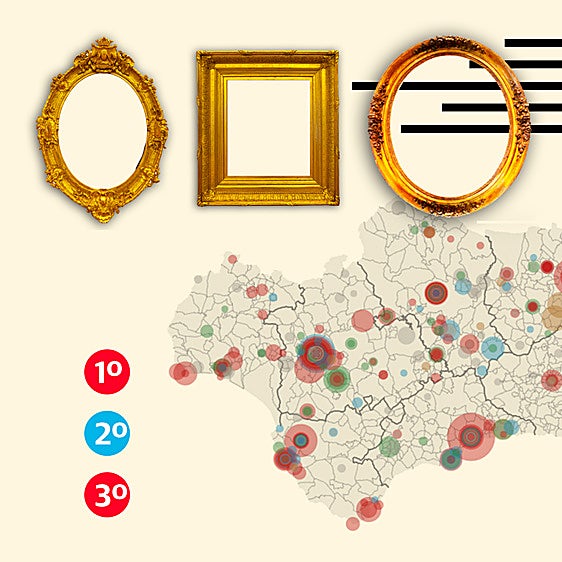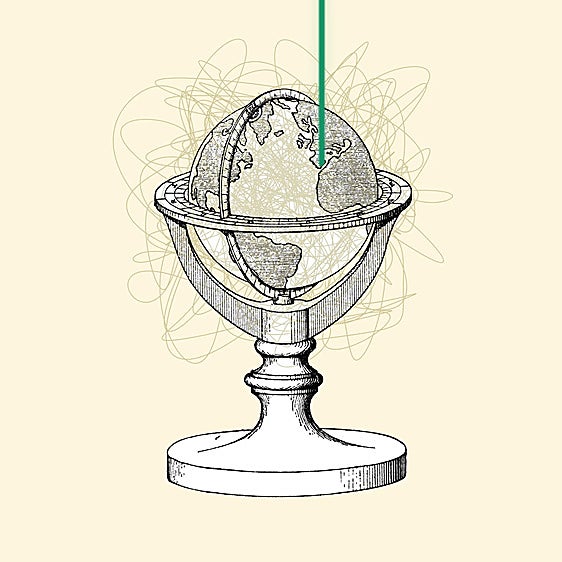Should we be self-medicating migraine attacks?
According to data released by the Spanish Society of Neurology, more than 5 million people in Spain suffer from some type of headache and more than one and a half million suffer migraines for up to fifteen days every month
Fermin Apetzteguia
Madrid
Friday, 14 June 2024, 13:02
Migraines are considered to be a major health problem that a large part of the population often underestimates. A continuous headache or one that comes and goes over time can be the warning sign of a health problem that is much more serious than it seems at first. Trying to lessen the pain, as is often done, by popping an ibuprofen or paracetamol, then carrying on in the hope that the pain will pass could turn out to be a very bad idea. Apart from the risks entailed by continuously taking this type of medication, the patient also risks turning their discomfort into a chronic problem. Moreover, this is something that happens much more frequently than you might imagine. More than half the people affected by different forms of this condition simply self-medicate. They've got it all wrong.
The self-medication warning is issued by the Spanish Society of Neurology (SEN). According to data released by them, more than 5 million people in Spain suffer from some type of headache and more than one and a half million suffer migraines for up to fifteen days every month. Trying to address such headaches by taking over-the-counter pain relief is a mistake. To deal with the onset of pain, sufferers are forced to head to bed or to stay in a darkened room and wait for it to go away, while rest and painkillers do their job.
The most troublesome cases, which make up 15% of the total, manifest themselves with much more distressing symptoms. One half of the body goes dead and patients can even lose the ability to speak for half an hour, causing a lot of distress in patients who tend to believe that they are actually suffering a stroke. There are times when the headache occurs with what specialists call an 'aura', a light phenomenon that distorts vision and increases the risk of a heart attack or an epileptic seizure.
Although headaches can happen to anyone regardless of gender and age, the majority of cases occur in women, four out of five to be precise. Generally, it occurs in patients between the ages of 20 and 50, but children are not exempt from risk. Here too the disease makes its distinctions and cases predominate in the female population. In Europe 9% of girls suffer from migraine, compared to 5% of boys.
Neurologists estimate that more than 180,000 new migraine cases could be diagnosed each year in Spain if patients heeded the warning signs and, instead of self-medicating, consulted with a specialist doctor. "At SEN we estimate that more than 40% of people who suffer from migraine in Spain are still undiagnosed," says Pablo Irimia. It happens for two reasons: "Its symptoms can be confused with other types of headache but, above all, it is because many people still believe that there is no solution. And there is."
The first medication to alleviate and prevent migraine is available in Spain
Vydura, purported to be “the first and only drug that relieves and prevents migraine” is manufactured by pharmaceutical company Pfizer and has been available in Spain since January.
“The two great advantages of Vydura are that it acts both to treat the acute phase of migraine and to prevent future attacks,” said Dr. José Chaves, Pfizer’s medical director in Spain.
Another point in its favour is its rapid effect. “It acts in less than two hours and patients begin to feel relief within one hour,” said Chaves.
However the “miracle” tablet is not cheap. It needs to be prescribed by a neurologist and costs around 232 euros for eight tablets.



